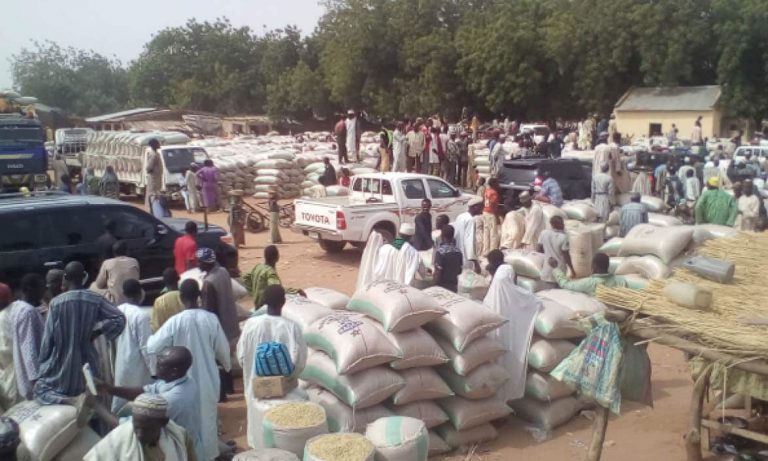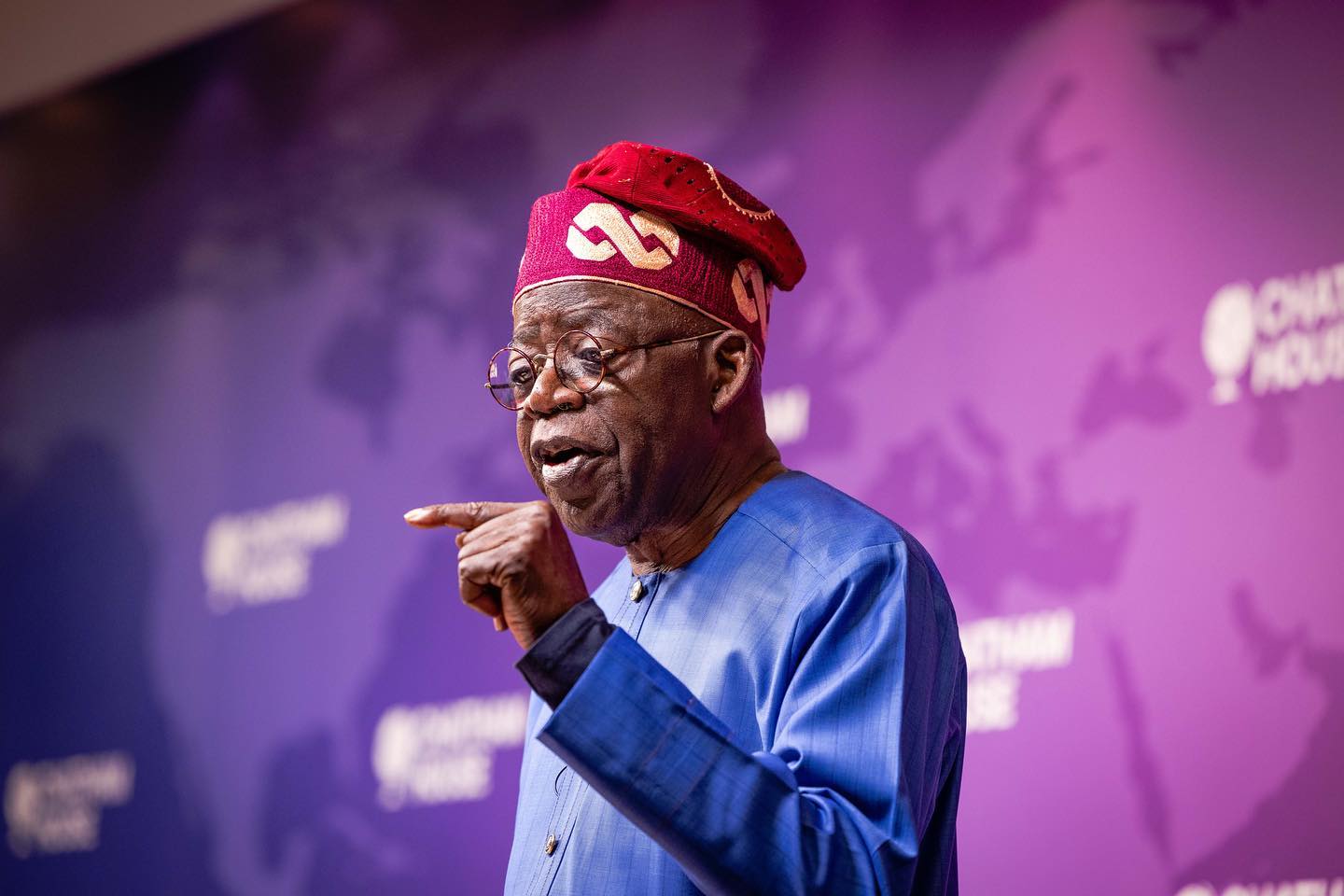The closure of the country’s borders seems to have led to an increase in prices of some food items such as rice, frozen chicken and turkey.
Observers say if the borders are not opened before December, it portends a bleak Christmas for many Nigerians, given the astronomical rise in the prices of both the local and imported rice.
Investigations by our correspondents in major markets in Lagos showed the prices of some of the items had increased between 42 per cent and 100 per cent from August when the borders were closed to the last week of September.
At Ile Epo Market, Daleko, Mile 12, Isheri and Ogba, all in Lagos, a 50kg bag of imported rice that hitherto sold between ₦13,000 and ₦14,500 has now shot up to between ₦24,000 and ₦30,000, while the local variants of 50kg bag had risen from ₦14,000 to ₦18,000.
A 12.5kg plastic measure of the imported rice that hitherto sold for ₦3,750 had moved up almost 100 per cent to ₦6,000.
For the local variant, it had moved from ₦3,500 to ₦4,800.
The price of the smallest measure called Derica or Congo (781g) of the imported rice has also shot up from ₦280 to ₦400 while the local variant has moved from ₦250 to ₦300. There are 64 of the measure in the 50kg bag.
A rice seller at the Ile Epo market, Isa Mohammed, said, “Since the borders have been shut, the prices of foreign parboiled rice have increased. The 50kg bag of such rice in July still sold between ₦13,000 and ₦14,500. But it is now being sold between ₦24,000 and ₦30,000.
“Prices of other measures of the same variant have also increased.”
READ ALSO: Ondo Polytechnic Lecturers Clash With Management
At Isheri Market, a rice seller said he had to increase the price of his rice because he was getting his supply at a higher price.
He said, “The 50kg bag of imported rice that we used to sell for about ₦21,000 now costs ₦30,000. The 50kg bag of local rice that was sold at ₦16,000 now costs between ₦22,500 and ₦23,500.
“We learnt that the government has closed the borders so the goods cannot come in again.”
When asked why the border closure should affect the local rice, he said, “They now sell the local rice to me at a higher price; so, I have to increase my price too.”
A woman who sells frozen chicken said the price had gone up because of the border closure.
Before the border closure, frozen chicken and turkey were ₦1,300 and ₦1,400 per kilogramme, respectively. But it now costs ₦1,500 and ₦1,700 per kilogramme, a survey has shown.
At Ogba Market, one kilogramme of chicken, which cost ₦1,000 a month ago, now sells for ₦1,500, recording 50 per cent price increase.
Also, findings showed that a kilogramme of turkey which sold for ₦1,200 in August is being offered at ₦1,700 in the market, representing 42 per cent increase.
Traders in the market attributed the price hike to the closure of the border through which the frozen poultry products were brought into the country.
However, it was gathered that the prices of tomato had remained the same in the past one month.
A trader who identified himself as Adamu said that a basket of tomato is being sold for ₦17,000.
He, however, said there was price fluctuation in the tomato business. For instance, Ajiboye recalled that the measure being sold at ₦17,000 cost ₦7,000 three months ago.
The fear of bleak Christmas heightened as the Comptroller-General of Nigeria Customs Service, Col. Hammed Ali (retd) said the borders may remained closed until January 2020.
At Yuletide, prices of these essential food items may skyrocket and be out of reach of ordinary Nigerians.










